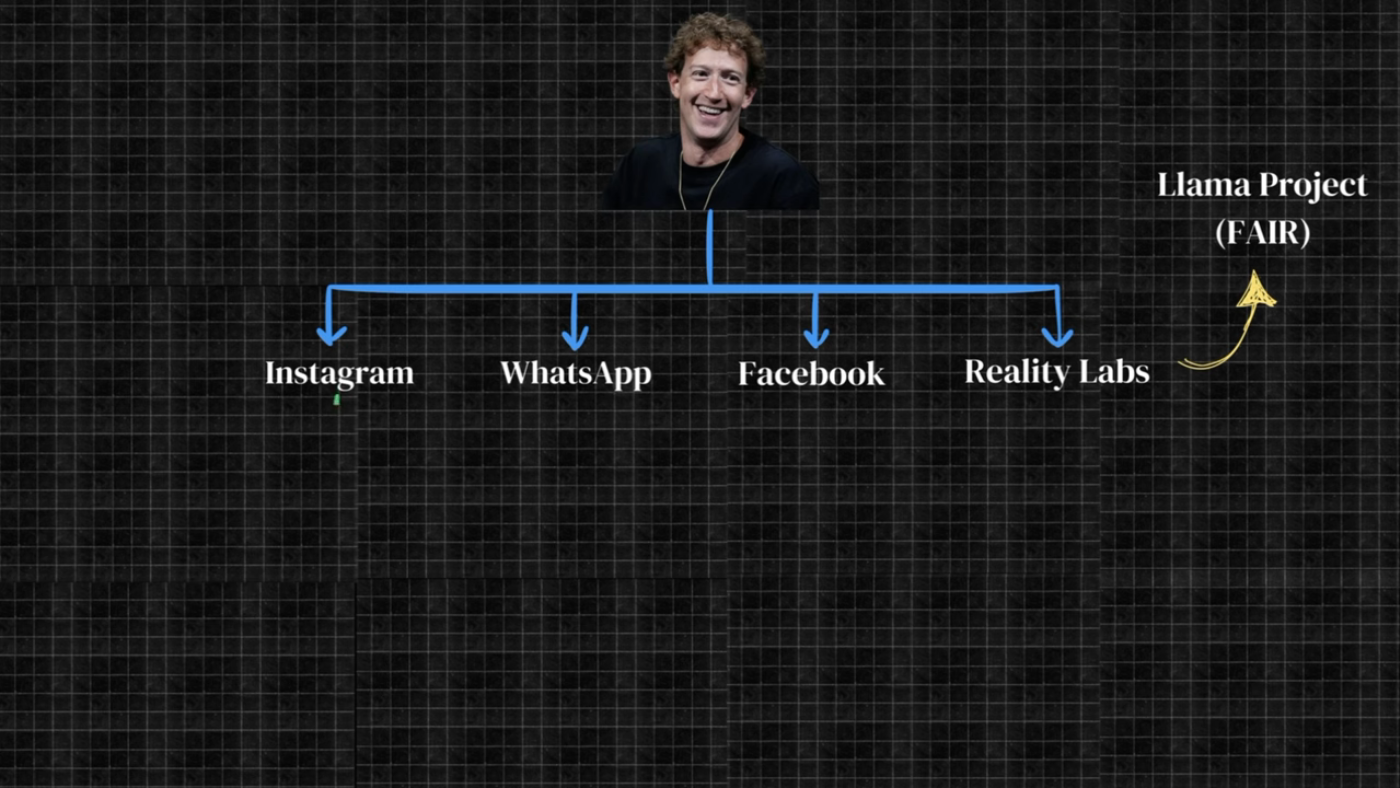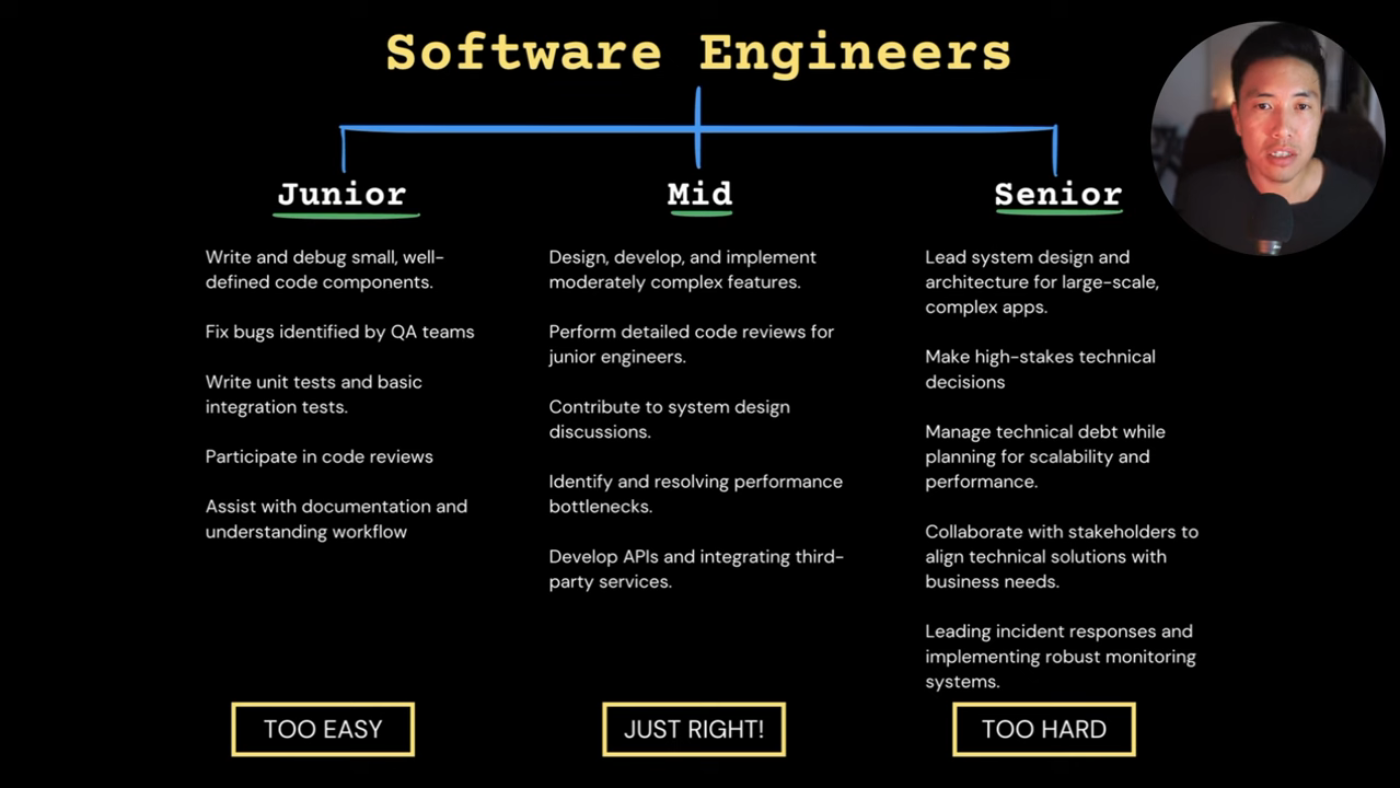The Future of Software Engineering: How AI is Revolutionizing the Industry
The future of software engineering is undergoing a significant transformation, driven by the increasing adoption of artificial intelligence (AI) in the industry. This shift is expected to have a profound impact on the way software is developed, tested, and maintained. In this article, we will explore the current state of software engineering, the role of AI in the industry, and the potential implications for the future of programming.
The Current State of Software Engineering
Software engineering is a complex and time-consuming process that involves designing, developing, testing, and maintaining software systems. The industry is facing significant challenges, including the need for faster development, improved quality, and reduced costs. To address these challenges, companies are turning to AI and machine learning (ML) to automate various aspects of the software development process.
The Role of AI in Software Engineering
AI is being used in various ways in software engineering, including:
- Automated code review and testing
- Predictive analytics for defect detection
- Code generation and completion
- Project management and planning
The Future of Programming
The increasing use of AI in software engineering is expected to have a significant impact on the future of programming. As AI takes over routine and repetitive tasks, programmers will be able to focus on higher-level tasks that require creativity, problem-solving, and critical thinking. However, there are also concerns about the potential risks and challenges associated with AI, including job displacement and the need for new skills.
The Impact of AI on Software Engineers
The impact of AI on software engineers will be significant, with some tasks being automated and others being augmented by AI. Software engineers will need to develop new skills to work effectively with AI and ML systems, including data science, machine learning, and natural language processing.
Conclusion
The future of software engineering is being shaped by the increasing adoption of AI and ML. As AI takes over routine and repetitive tasks, programmers will be able to focus on higher-level tasks that require creativity, problem-solving, and critical thinking. However, there are also concerns about the potential risks and challenges associated with AI, including job displacement and the need for new skills.
In conclusion, the future of software engineering is exciting and uncertain, with AI and ML playing a significant role in shaping the industry. As we move forward, it is essential to consider the potential implications of AI on the industry and the skills required to work effectively with these technologies.





